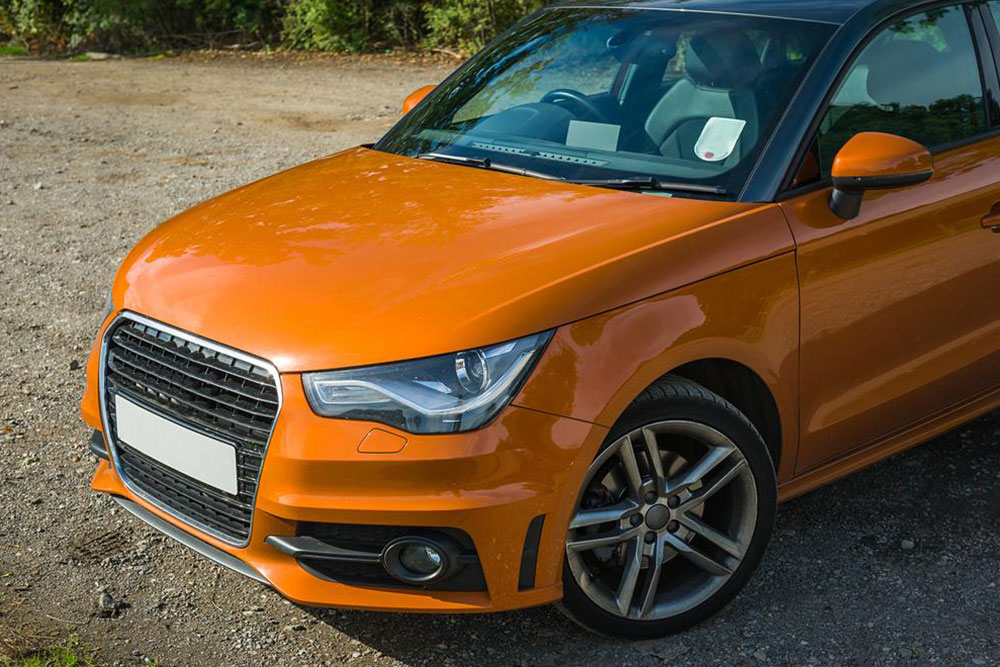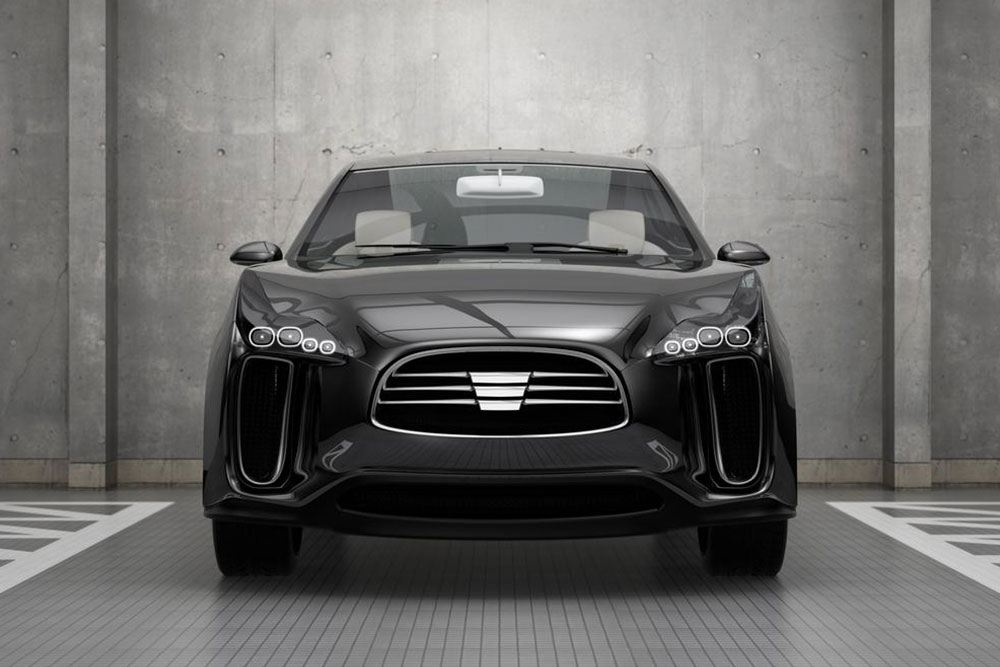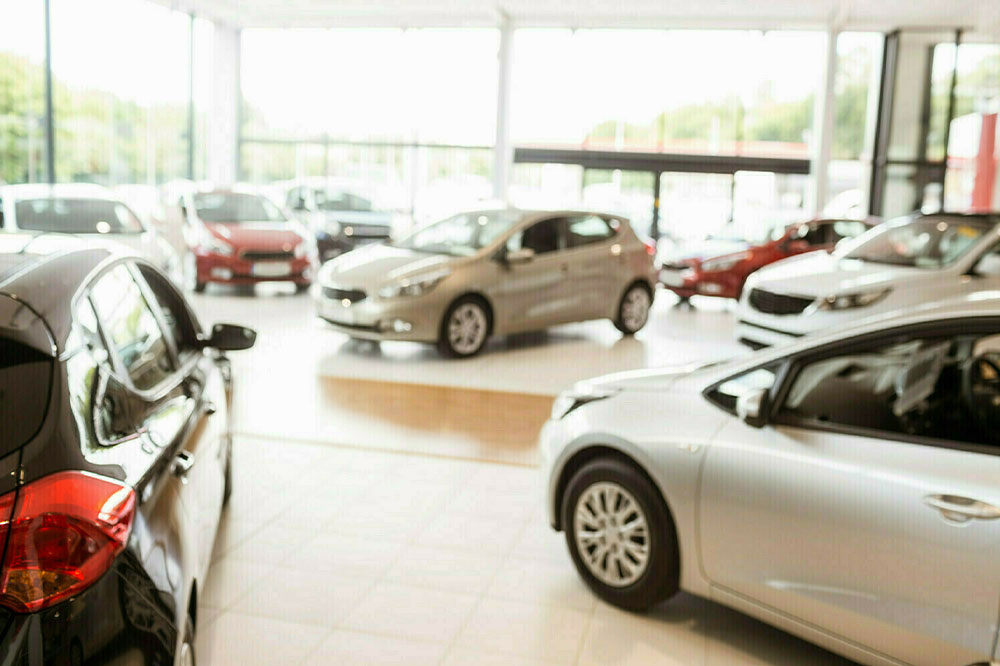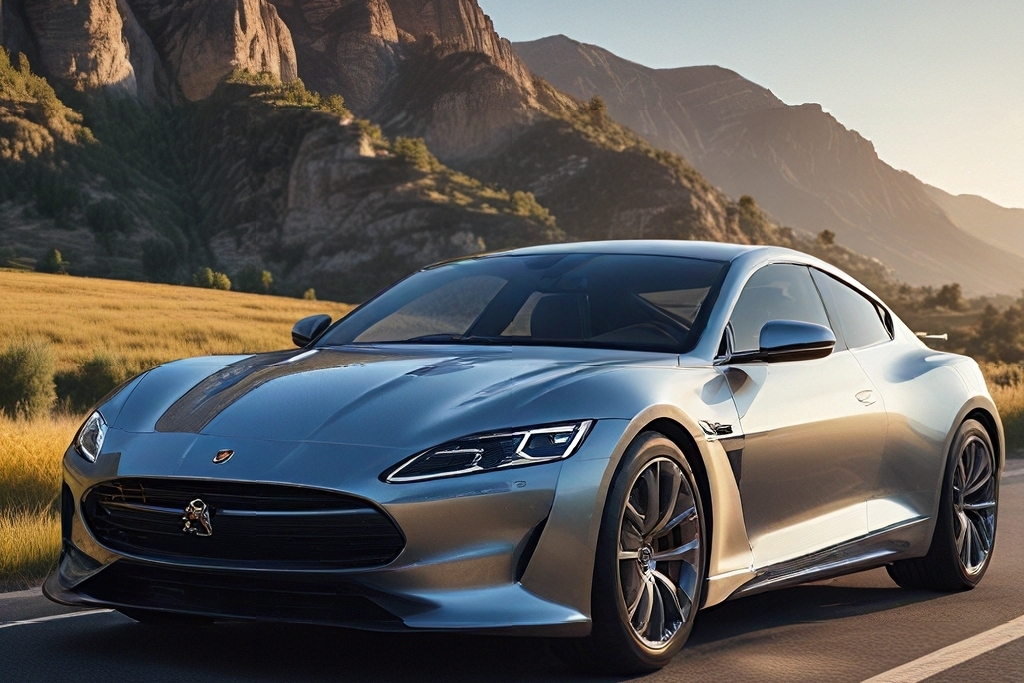Top Vehicle Brands Transforming the Automotive Landscape in the United States
This comprehensive article explores key vehicle brands transforming the U.S. automotive industry, highlighting their history, models, and innovations. From luxury to eco-friendly vehicles, learn about the influential brands shaping the future of transportation and consumer preferences. Discover how manufacturers like BMW, Honda, Hyundai, and Kia are leading the market with advanced technology, quality, and sustainability initiatives, providing valuable insights for car buyers and industry enthusiasts alike.

Leading Vehicle Brands Shaping the Automotive Industry Today
The automotive industry in the United States is characterized by a diverse mix of domestic manufacturing and international influences. While global giants like Ford and General Motors have long been staples, recent years have seen a significant rise in popularity for brands such as Toyota, Honda, Hyundai, and Kia. These brands have gained a loyal customer base due to their combination of affordability, reliability, innovation, and quality. As consumers become more discerning, manufacturers are continuously evolving to meet the demands for safety, technology, and eco-friendliness, creating a dynamic and competitive marketplace.
In this thriving industry, specific brands have established prominent reputations through their innovative models, manufacturing facilities, and commitment to sustainability. Understanding these key brands is essential for car enthusiasts, industry analysts, and consumers aiming to make informed decisions when purchasing their vehicles. Below, we explore the most influential automotive brands present in the market today, highlighting their histories, flagship models, and recent developments that have contributed to their success.
BMW
The German luxury automaker has cemented its presence in the United States since beginning operations in 1994. BMW's manufacturing plant in Spartanburg, South Carolina, is a pivotal part of its global strategy, producing an array of high-performance SUVs like the X3, X5, and X7. These vehicles are celebrated for their perfect blend of luxury, advanced technology, and driving dynamics. BMW continues to innovate with electric offerings like the iX series, aiming to lead the premium electric vehicle segment. Their commitment to sustainability and cutting-edge design keeps BMW ahead in the fiercely competitive luxury market.
Honda
Known for its reliability, affordability, and fuel efficiency, Honda operates a major manufacturing plant in Maryville, Ohio. The plant has been producing popular models like the Honda Civic and Accord, which are favored for their modern aesthetics, advanced safety features, and technological integrations. Honda's focus on hybrid and electric vehicles further solidifies its leadership in eco-friendly transportation solutions. Their engines and vehicles are consistently rated highly for durability, making Honda a trusted choice for millions of Americans. The company's investment in innovation ensures it stays relevant amid evolving consumer preferences.
Hyundai
Hyundai's emergence as a significant player in the American automotive scene began with its manufacturing facility in Montgomery, Alabama, established in 2005. Vehicles like the Hyundai Sonata, Elantra, and Santa Fe have become popular for their value-packed features, modern design, and reliability. Hyundai has also invested heavily in electric vehicles, with models like the Ioniq and Kona Electric increasingly gaining market share. Their aggressive focus on quality improvement, innovative safety features, and competitive pricing make Hyundai a formidable competitor in the mid-range segment.
Kia Motors
As a subsidiary of Hyundai Motor Group, Kia operates a prominent manufacturing plant in West Point, Georgia. The plant produces well-known models such as Kia Optima (now K5), Sorento, and Sportage, which are appreciated for their stylish design, comprehensive safety features, and value for money. Kia has also expanded into electric vehicles, with models like the EV6 and Soul EV emphasizing eco-friendliness and technology integration. Their rapid global growth and reputation for quality continue to attract new customers seeking affordable yet feature-rich vehicles.
Mazda
Mazda, a Japanese automaker with a longstanding history of manufacturing quality vehicles, has recently shifted from domestic production to focus more on design and technology innovation. Their recent models, such as the Mazda3 and CX-5, are praised for their sleek styling, sporty handling, and fuel efficiency. Although Mazda has scaled back its U.S. manufacturing footprint, its vehicles remain highly regarded internationally, emphasizing driving engagement and aesthetic appeal. Mazda's commitment to innovation in safety and efficiency ensures it remains competitive globally.
Mercedes-Benz
Since establishing a manufacturing plant in Tuscaloosa, Alabama, in 1997, Mercedes-Benz has become synonymous with luxury, technological excellence, and elegance. Their factory produces a broad range of luxury sedans, SUVs, and recent electric vehicles like the EQ series. Mercedes-Benz invests heavily in cutting-edge safety, autonomous driving technology, and sustainability initiatives, setting standards within the luxury automotive segment. Their vehicles appeal to high-end consumers seeking prestige alongside technological sophistication. Mercedes' commitment to innovation and craftsmanship continues to uphold its reputation as a leader in the premium automobile industry.
Beyond these prominent brands, others like Nissan, Subaru, Tesla, and Volkswagen are also making significant impacts. Nissan is well-known for its affordability and electric vehicles like the Leaf. Subaru is praised for its ruggedness and all-wheel-drive capabilities. Tesla has revolutionized the industry with its high-performance electric cars and advanced autonomous driving features. Volkswagen offers a wide range of vehicles, blending European design with American preferences. Collectively, these brands contribute to a highly diverse and competitive automotive market, driven by technological advancements, sustainability commitments, and evolving consumer needs, shaping the future of transportation.




